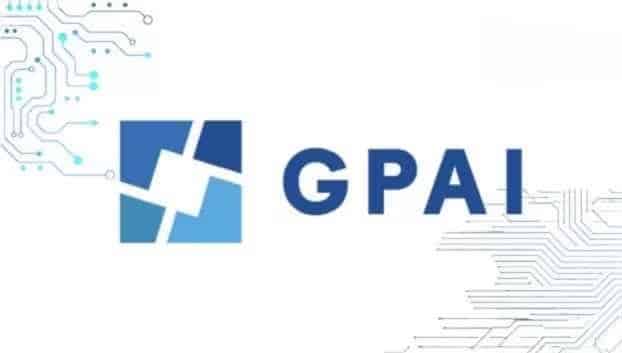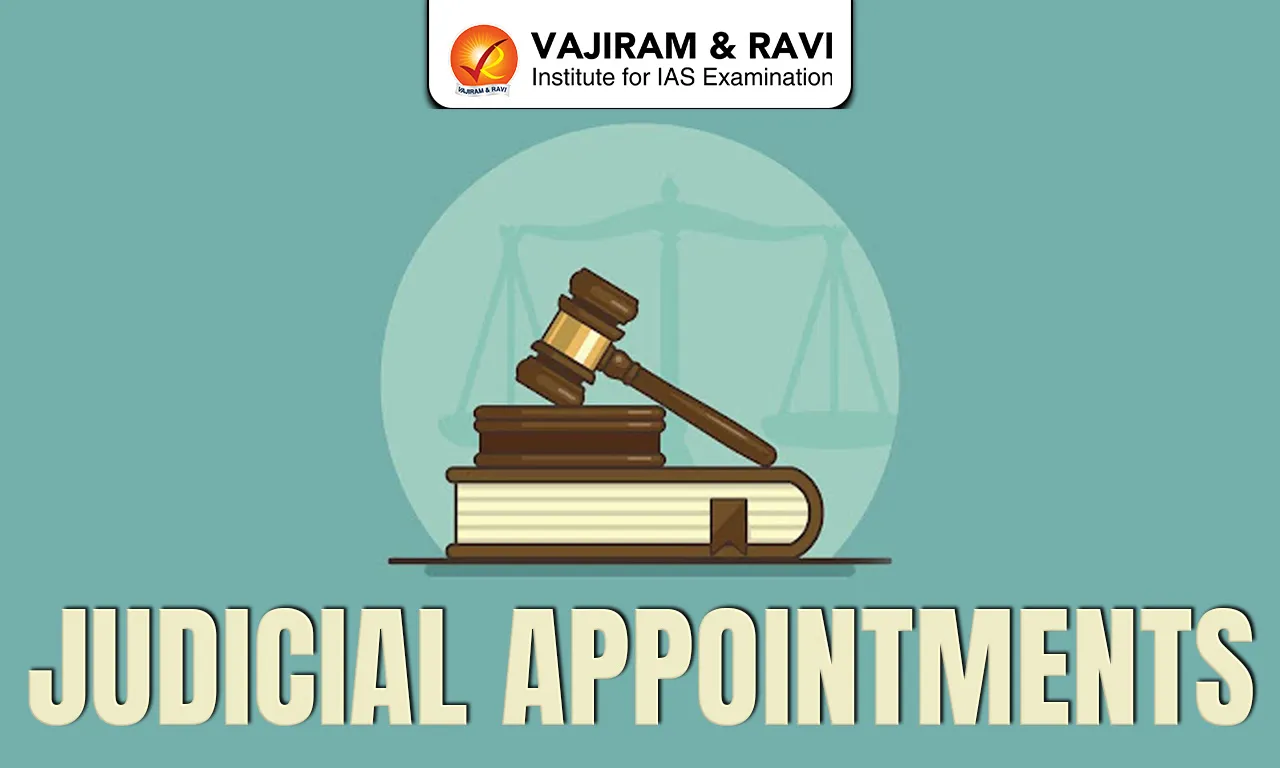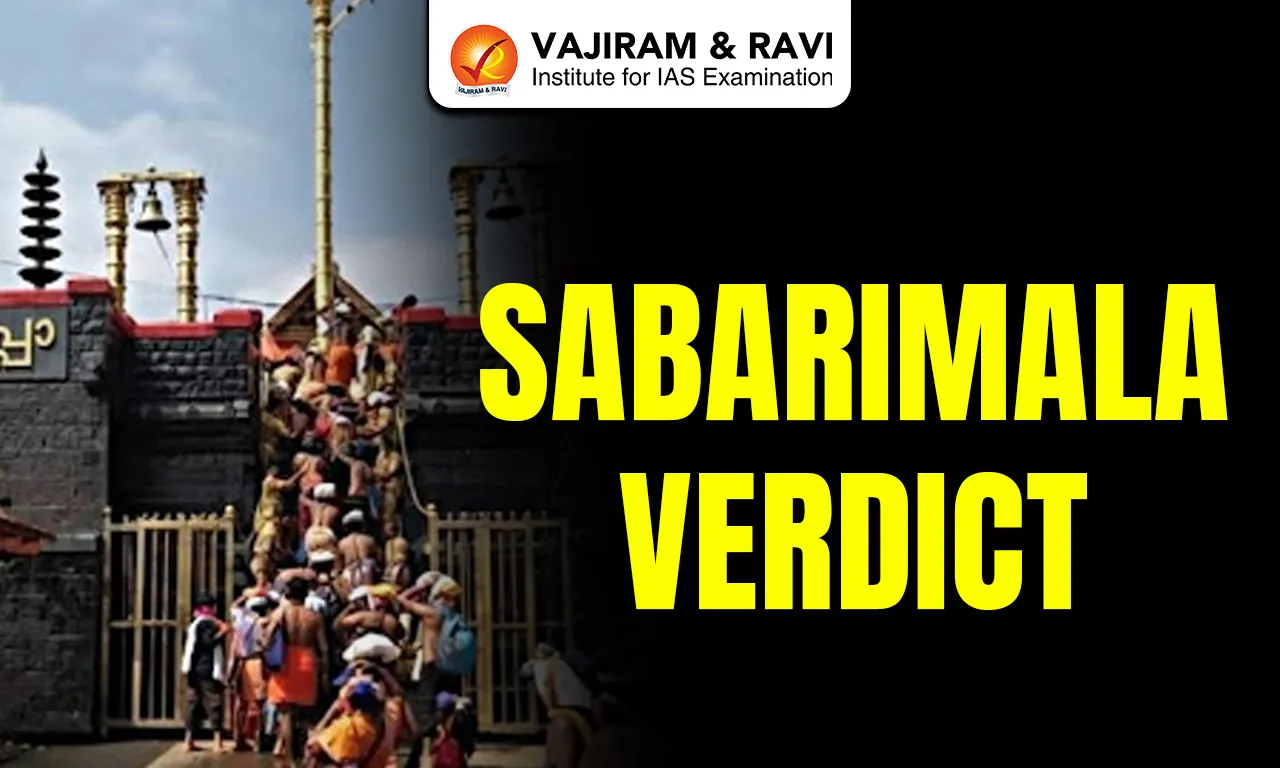What’s in Today’s Article?
- Why in News?
- What is the Global Partnership on Artificial Intelligence (GPAI)?
- Objectives of the GPAI
- What is the New Delhi Declaration?
- Significance of the New Delhi Declaration
- Significance of the New Delhi Declaration for India
Why in News?
- The Global Partnership on Artificial Intelligence (GPAI) – an alliance of 29 member countries, has unanimously adopted the New Delhi declaration.
- The declaration underscored the need to mitigate risks arising from the development and deployment of AI systems, and promote equitable access to critical resources for AI innovation.
What is the Global Partnership on Artificial Intelligence (GPAI)?
- It is an international initiative established to guide the responsible development and use of artificial intelligence (AI) in a manner that respects human rights and the shared democratic values of its members.
- The partnership was first proposed by Canada and France at the 2018 44th G7 summit, and officially launched in (June) 2020.
- Started with 15 member countries, today GPAI has grown into an alliance of 29 member countries.
- It includes countries like India, the United States, the UK, France, Japan, Canada, etc.
- China, a major tech superpower, is not part of the multilateral grouping.
- GPAI is hosted by Organisation for Economic Co-operation and Development (OECD).
Objectives of the GPAI
- It is a multi-stakeholder initiative which aims to bridge the gap between theory and practice on AI by supporting cutting-edge research and applied activities on AI-related priorities.
- It brings together engaged minds and expertise from science, industry, civil society, governments, international organisations and academia to foster international cooperation.
What is the New Delhi Declaration?
- It promises to position GPAI at the front and centre of shaping the future of AI in terms of both innovation and creating collaborative AI between partner nations to create applications in healthcare, agriculture, etc.
- All GPAI members had also agreed that the group would lead global conversations on shaping the future of AI governance as well as keeping it safe and trusted.
- GPAI will be an inclusive movement that will increasingly focus on including countries from the Global South and making available the benefits of AI, its platforms and solutions to all of the people.
- Like-minded countries will have to move faster to ensure that by the time all GPAI countries meet next year in Korea, there are definitive granular regulations that all nations have around AI.
- GPAI will now have to be more granular and get down to defining the contours of the rules that will define how users interact with AI.
- The declaration acknowledged the need to harness new opportunities and mitigate the risks arising from the development and deployment of AI. This includes –
- Concerns around misinformation and disinformation,
- Unemployment,
- Lack of transparency and fairness,
- Protection of intellectual property and personal data, and
- Threats to human rights and democratic values.
- The declaration also acknowledged the need for equitable access to resources, which must be considered, accounted for, or addressed in order for societies to benefit from and build competitive AI solutions.
Significance of the New Delhi Declaration
- This was the first time the group’s members were meeting after generative AI platforms like ChatGPT and Google Bard burst into the scene, propelling conversations around AI into the mainstream.
- GPAI members also agreed to support AI innovation in the agriculture sector as a new “thematic priority”.
- India was pushing for the inclusion of agriculture as a priority sector in AI innovation.
- This is essential for implementing resilient agricultural practices that increase productivity and production.
- The development of and access to risk-proportionate trustworthy AI applications is essential for ensuring sustainable food production systems and strengthening capacity for mitigation and adaptation to climate change.
Significance of the New Delhi Declaration for India
- This is a significant win for India, which has batted for a collaborative approach towards building AI systems as it looks to push its model of digital public infrastructure (DPI) across the world.
- Access to computing capabilities from member nations will also boost New Delhi’s plans of building a sovereign AI system, crucial for countering dominance from a handful of foreign companies in the space.
Q1) What is Google’s Bard?
Bard is a conversational generative artificial intelligence chatbot developed by Google. Initially based on the LaMDA family of large language models (LLMs), it was later upgraded to PaLM and then Gemini.
Q2) What exactly is digital public infrastructure (DPI)?
DPI refers to building blocks or platforms such as digital identity, payment infrastructure, and data exchange solutions that assist governments in providing important services to their citizens, empowering and improving their lives through digital inclusion.
Last updated on February, 2026
→ UPSC Notification 2026 is now out on the official website at upsconline.nic.in.
→ UPSC IFoS Notification 2026 is now out on the official website at upsconline.nic.in.
→ UPSC Calendar 2026 has been released.
→ Check out the latest UPSC Syllabus 2026 here.
→ Join Vajiram & Ravi’s Interview Guidance Programme for expert help to crack your final UPSC stage.
→ UPSC Mains Result 2025 is now out.
→ UPSC Prelims 2026 will be conducted on 24th May, 2026 & UPSC Mains 2026 will be conducted on 21st August 2026.
→ The UPSC Selection Process is of 3 stages-Prelims, Mains and Interview.
→ Prepare effectively with Vajiram & Ravi’s UPSC Prelims Test Series 2026 featuring full-length mock tests, detailed solutions, and performance analysis.
→ Enroll in Vajiram & Ravi’s UPSC Mains Test Series 2026 for structured answer writing practice, expert evaluation, and exam-oriented feedback.
→ Join Vajiram & Ravi’s Best UPSC Mentorship Program for personalized guidance, strategy planning, and one-to-one support from experienced mentors.
→ UPSC Result 2024 is released with latest UPSC Marksheet 2024. Check Now!
→ UPSC Toppers List 2024 is released now. Shakti Dubey is UPSC AIR 1 2024 Topper.
→ Also check Best UPSC Coaching in India




















